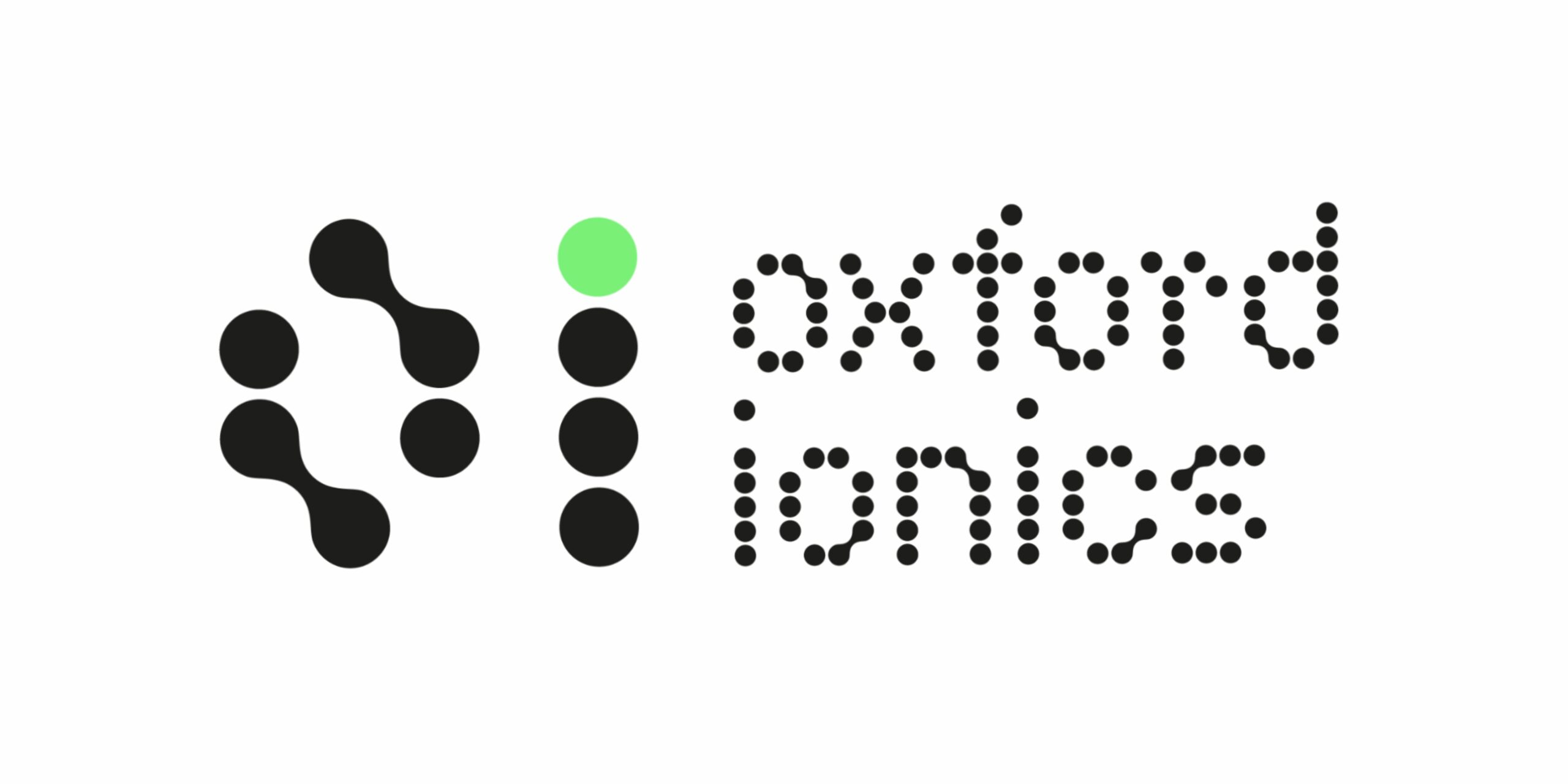Oxford Ionics Joins UK Quantum Trade Mission to the US to Encourage Key Industry Collaborations

Insider Brief:
- Oxford Ionics is participating in a UK Department of Business & Trade-organized quantum trade mission to the United States, with Director of Science for North America, David Allcock, representing the company as they travel to Chicago and Colorado to encourage relationships with US quantum institutions and promote UK quantum innovations.
- The company recently opened an office in Boulder, Colorado, its first international expansion, and plans to triple its headcount over the next 18 months, with a significant portion of new hires based in the Boulder office.
- Oxford Ionics will introduce its trapped-ion quantum technology to the US market through this trade mission, highlighting the rich quantum ecosystem in the US and seeking opportunities for collaboration to advance commercially viable quantum computing.
PRESS RELEASE — Oxford Ionics, a world leader in trapped-ion quantum computing, today announced that it is one of eight companies participating in a quantum trade mission to the United States, organised by the UK’s Department of Business & Trade.
David Allcock, Oxford Ionics’ Director of Science for North America, will represent the company during the five-day trade mission which commences today. During the trip, the UK delegation will travel to Chicago and Colorado to meet with senior officials from local government, US-based research institutions, and select quantum companies. In addition to cultivating relationships within the US quantum ecosystem, the delegation will promote the UK’s pioneering innovations as a global leader in quantum computing.
Oxford Ionics’ participation in this trade mission comes just a few months after the company opened its first international office in Boulder, CO. The Boulder location serves as a crucial base for the company’s rapid expansion into North America – allowing it to tap into the tremendous US talent pool. Oxford Ionics plans to triple its headcount in the next 18 months, with a significant number of employees to be based in the Boulder office.
David Allcock, Oxford Ionics’ Director of Science for North America, commented: “From strong academic programs to cutting-edge research facilities, the United States has an incredibly rich and burgeoning ecosystem for quantum computing. I am delighted to participate in this trade mission, which represents an exciting opportunity for us to introduce Oxford Ionics’ groundbreaking technology to the US market. I look forward to working with the UK delegation to identify ways of collaborating with the US to make commercially-valuable quantum computing a reality.”
His Majesty’s Consul General in Chicago, Richard Hyde commented: “We are thrilled that Oxford Ionics is joining us on our quantum trade mission to the United States. Through this delegation, we are bolstering collaboration between the UK and the two federally designated quantum tech hubs in the US: Chicago and Colorado. Oxford Ionics, alongside the other quantum companies in our delegation, is taking crucial steps towards unlocking commercial utility from quantum computing, and we are excited to promote UK exports in this critical emerging industry.”
About Oxford Ionics
Oxford Ionics was co-founded in 2019 by Dr Tom Harty and Dr Chris Ballance who both hold world records in quantum breakthroughs. The team includes 60 global experts across physics, quantum architecture, engineering and software and expects to triple headcount over the next 18 months as the business scales internationally. Oxford Ionics has raised £37 million to date with investors including Braavos, OSE, Lansdowne Partners, Prosus Ventures, 2xN, and Hermann Hauser (founder of chip giant ARM).
In 2024, Oxford Ionics rapidly commercialised its technology, selling full-stack quantum computers to the UK’s National Quantum Computing Centre (NQCC) and Germany’s Cyberagentur. The company also holds the world records in the three most important metrics for quantum performance: single- and two-qubit gate fidelity and quantum state preparation and measurement (SPAM).
